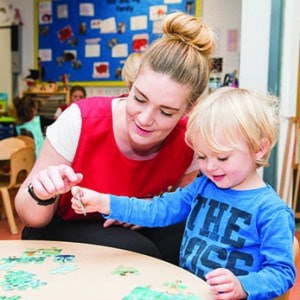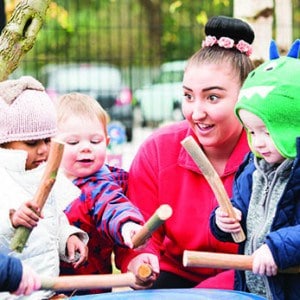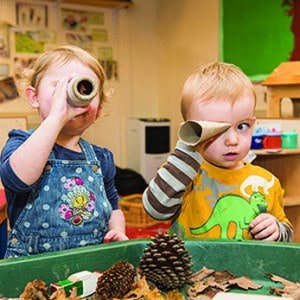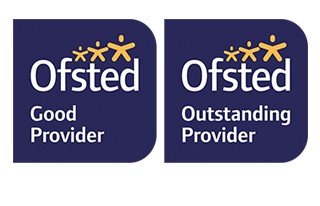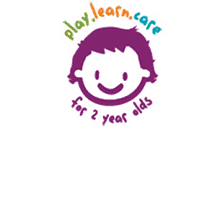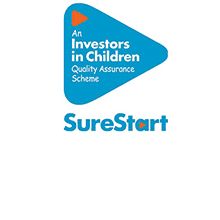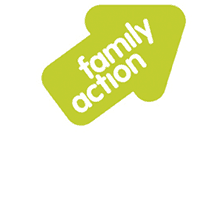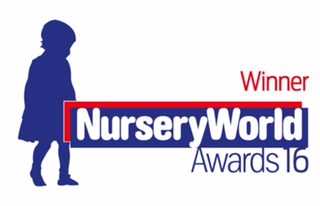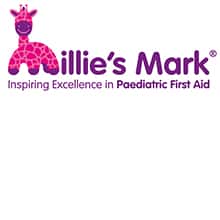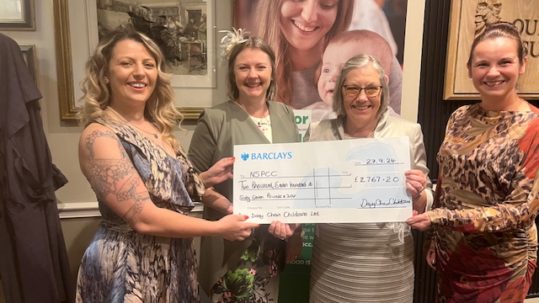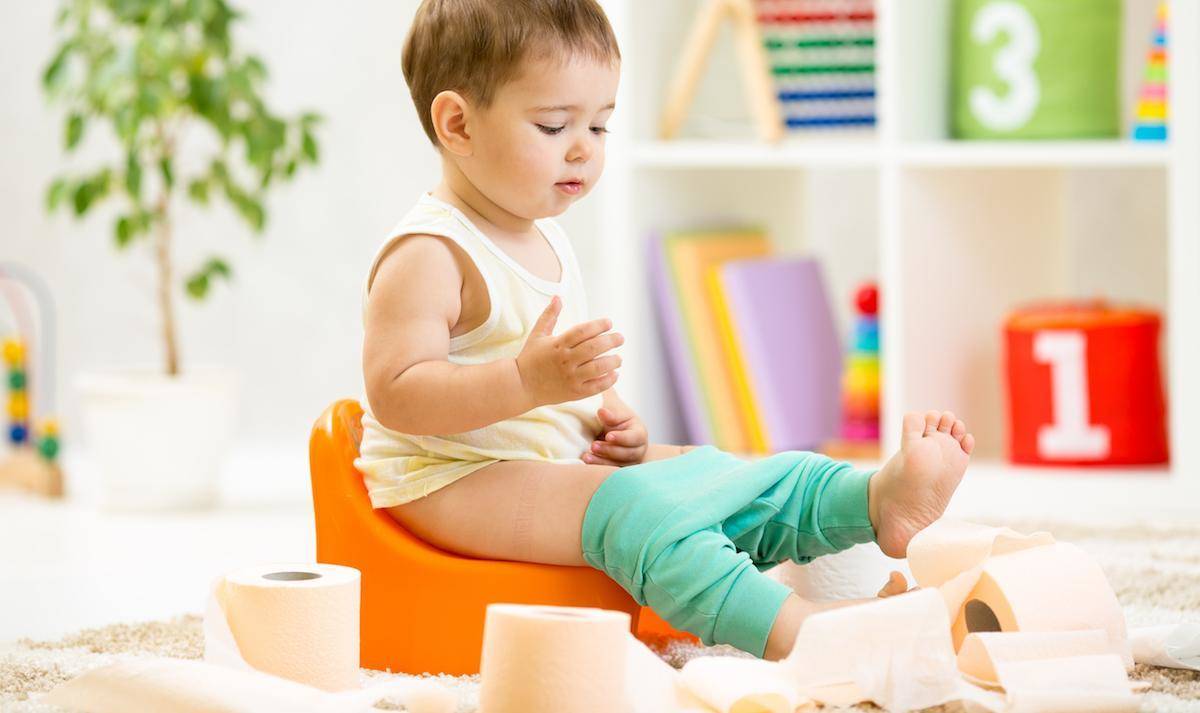
03 Mar Our Guide to Potty Training: What Parents Need to Know
At Daisy Chain, we understand that potty training can be a daunting task for you and your child. This next step marks a milestone in your child’s development and the chances are you are looking forward to nappies becoming a distant memory, even though the road to this can at times seem long and difficult. So, how can we help you leave nappies behind?
Many people ask the question: When can I start potty training?
One of the most vital parts of potty training is recognising when your child is actually ready to use a potty. Starting this at the wrong stage for your child can become distressing for both them and you, making the process take longer. It is important to remember that as with other milestones, such as walking, there is no set time by which all children are ready to leave nappies. Some are out of nappies at 15 months, while others will only be ready at three years old.
At Daisy Chain, we are committed to working with parents and carers to identify when your child is ready. An important thing to take into account is the physical maturation, such as the bladder and central nervous system, which needs to be sufficiently developed in order for your child to recognise the urge to use the potty. Your child also needs to have enough speech development to communicate their needs to you, and enough understanding of what to do when they need the potty. It is worth waiting until your child is physically ready, as the chances are that the whole process will then only take a few days.
How to tell if your child is ready.
Your child’s Key Person can help you look out for these signs to identify whether your child is ready:
- Is your child’s nappy dry after a nap?
- Does your child tell you when they are dirty?
- Does your child try to pull off their nappy?
- Is your child interested in sitting on a potty or toilet?
- Is your child able to go upstairs using alternate feet rather than putting two feet on each stair?
This last point can also be a sign of your child having physical control.
So how can your child’s Key Person help you start potty training?
Potty training is best done without too much fuss. Telling your child that they are too grown up for nappies can backfire if after a few days you realise that they are not ready. Think through when you will be at home, and simply leave a nappy off and show your child where the potty is. At nursery your child’s Key Person can sit your child on the potty or toilet when they are having their nappy done. Flushing the toilet and sitting on the potty or toilet will also enable your child to become familiar with the sound and process of going to the toilet, which is very different from a nappy change. This is also something you can quite easily introduce so that your child has consistency at home and nursery. Meetings with your child’s Key Person are a good opportunity to sit down and identify when your child is ready, ensuring consistency both at home and nursery.
So how can your child’s Key Person help if your child refuses to use the potty?
While it may be frustrating to know that your child needs the potty and is steadfastly refusing to go, it is important to avoid anything other than a mild suggestion. Forcing a child to sit down, bribing them or getting cross will only make the situation worse. Children need to be reasonably relaxed in order to ‘let go’, and pressure simply makes this harder for them.
There is also a danger that your child may learn some fantastic attention-seeking skills and will talk about the potty to get you off the sofa! Try to avoid telling your child when it is time to ‘go’, as it is important that they learn to do this themselves. If they keep refusing to use a potty, just put them back into nappies without making any comments and try again in a few weeks’ time.
We will help you and your child by having a good toileting routine throughout the day, which should where possible be consistent with home. Firstly, we will need to identify whether your child likes to use the potty or toilet so that we can follow this; children will be taken at regular times in the day to the toilet and at key points that they can recognise, for example, after a sleep or before a meal. Having a good routine in place will help your child to recognise when their bladder is full. At home more strategies can be implemented, such as having a potty in the living room especially if the nearest toilet is upstairs. Also, at nighttime, put a potty next to the bed and encourage your child to use the toilet before bedtime. Fun activities can include going out and choosing their own special pants, enabling them to have control over the change from nappies to pants. Reward systems such as sticker charts are a good way to build your child’s self-esteem and can be used between home and nursery. Remember to always avoid getting cross, as this only makes things worse, and that bedwetting and accidents are not deliberate. Visit your doctor for further advice if your child is not dry on a night after the age of six years.
Please speak to your Key Person or the nursery manager if you have any questions.



